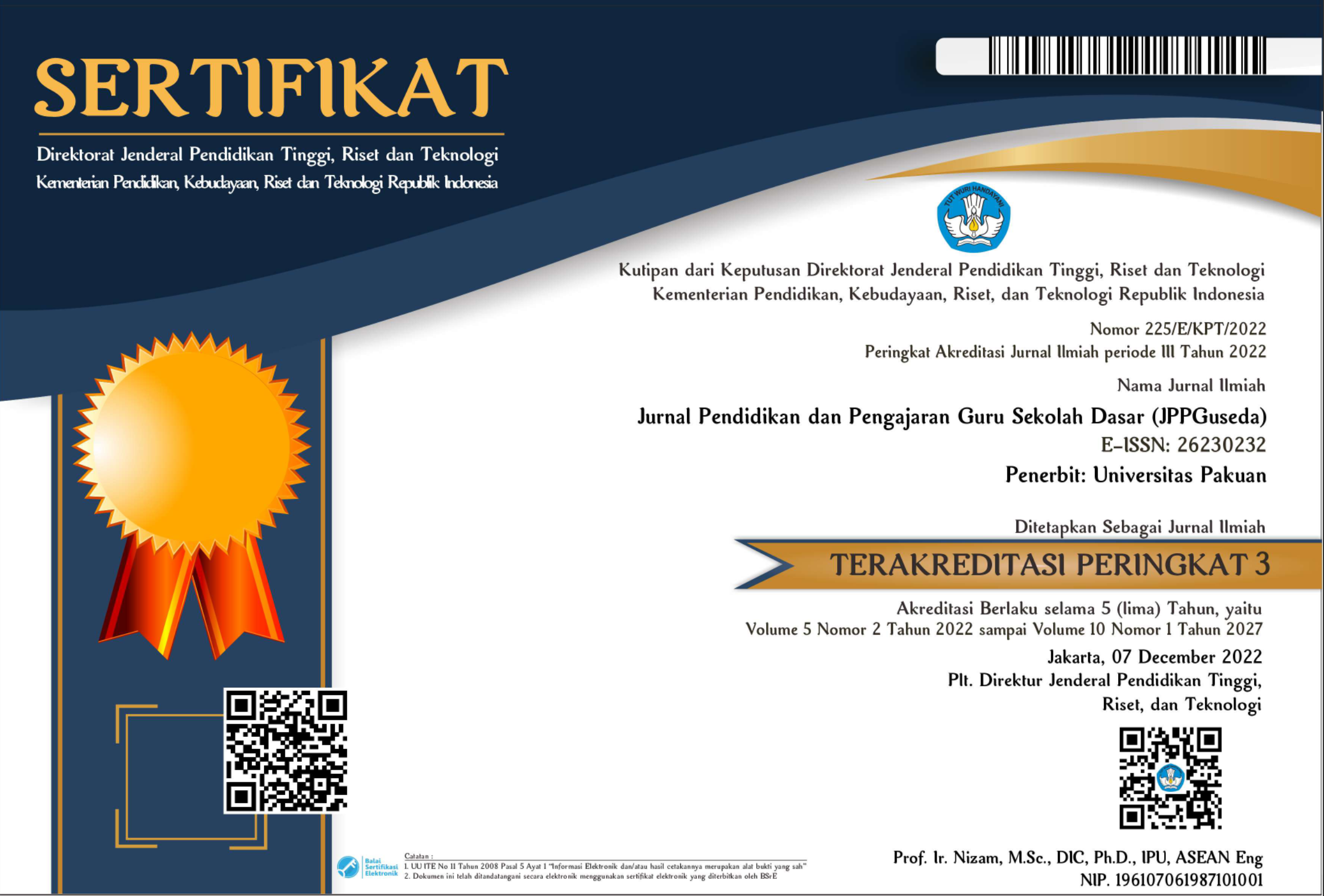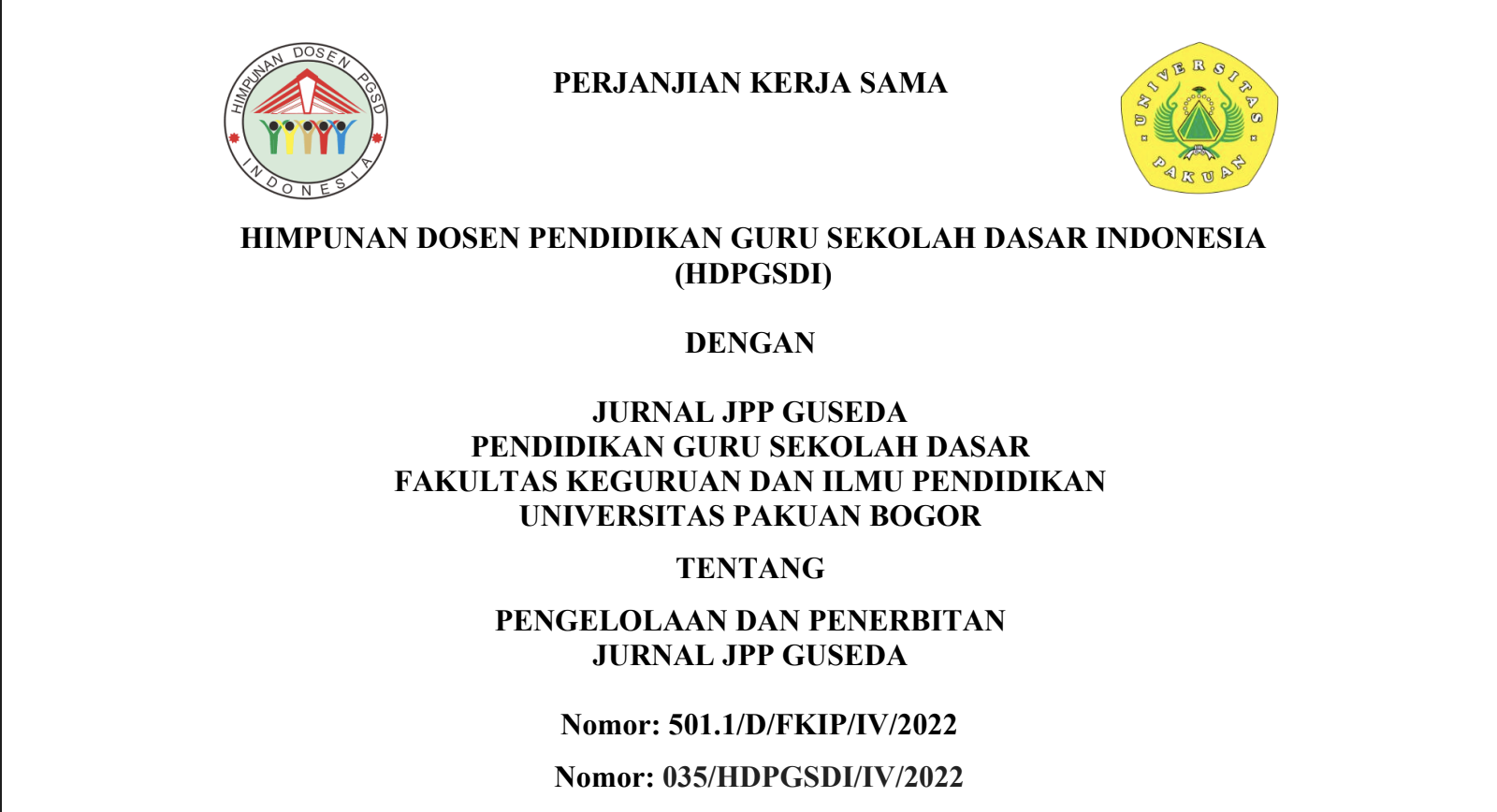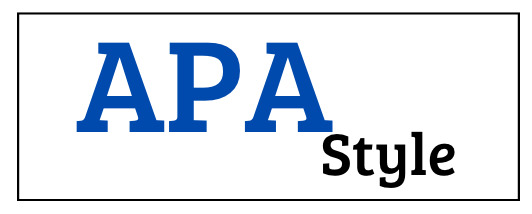Empowering Reading Skills with Genially: Development of a Digital Snake and Ladder Game for Phase C Learners
Abstract
Keywords
References
Alam, S. (2023, December 18). Hasil PISA 2022, Refleksi Mutu Pendidikan Nasional 2023. https://mediaindonesia.com/opini/638003/hasil-pisa-2022-refleksi-mutu-pendidikan-nasional-2023
Angelelli, C. V., Ribeiro, G. M. D. C., Severino, M. R., Johnstone, E., Borzenkova, G., & Da Silva, D. C. O. (2023). Developing critical thinking skills through gamification. Thinking Skills and Creativity, 49, 101354. https://doi.org/10.1016/j.tsc.2023.101354
Antonopoulou, H., Halkiopoulos, C., Gkintoni, E., & Katsimpelis, A. (2022). Application of Gamification Tools for Identification of Neurocognitive and Social Function in Distance Learning Education. International Journal of Learning, Teaching and Educational Research, 21(5), 367–400. https://doi.org/10.26803/ijlter.21.5.19
Banditvilai, C. (2016). Enhancing Students Language Skills through Blended Learning. EJEL, 14(3). https://academic-publishing.org/index.php/ejel/article/view/1757
Barach, P. (2021). Designing and integrating purposeful learning in gameplay: What will it take to ensure sustainable learning and effectiveness outcomes? Educational Technology Research and Development, 69(3), 1–6. https://doi.org/10.1007/s11423-020-09908-9
Chen, J., Wang, M., Kirschner, P. A., Tsai, C.-C., & Kirschner. (2018). The Role of Collaboration, Computer Use, Learning Environments, and Supporting Strategies in CSCL: A Meta-Analysis. International Journal of Human–Computer Interaction, 88(6). https://doi.org/10.3102/00346543187915
Dick, W., Carey, L., & Carey, J. O. (2015). Sytematic Design of Instruction (8th ed.). Pearson.
Hung, N.-T., & Yen, K.-L. (2022). Towards Sustainable Internationalization of Higher Education: Innovative Marketing Strategies for International Student Recruitment. Sustainability, 14(14), 8522. https://doi.org/10.3390/su14148522
Mansur, M., Nurwahidin, M., & Herpratiwi, H. (2024). Implementation of Digital-Based Learning Media on Thematic Material on Students’ Scientific Abilities. Jurnal Teknologi Pendidikan : Jurnal Penelitian Dan Pengembangan Pembelajaran, 9(2), 136. https://doi.org/10.33394/jtp.v9i2.7528
Nguyen, T. N., Phan Thanh Tuan, & Nguyen Thi Ha Phuong. (2024). Engaging Students in The Learning Process with Game-Based Learning. International Journal of English Language Studies, 6(1), 54–60. https://doi.org/10.32996/ijels.2024.6.1.5
Novita, L., Sukmanasa, E., Suhardi, E., & Suhendra, S. (2023). Optimizing and strengthening the productivity of lecturer’s scientific work. International Journal of Evaluation and Research in Education (IJERE), 12(3), 1336. https://doi.org/10.11591/ijere.v12i3.25101
Novita, L., Sundari, F. S., & Rabani, K. R. (2020). Penerapan Media Game Ular Tangga Digital untuk Meningkatkan Hasil Belajar Tematik. Jurnal Pemikiran dan Pengembangan Sekolah Dasar (JP2SD), 8(2), 126–137. https://doi.org/10.22219/jp2sd.v8i2.12329
Novita, L., Talitha, S., Rohimah, R., Sundari, F. S., & Purnamasari, R. (2024). Independent Curriculum Management Through Developing Teaching Modules on Style Materials. AL-ISHLAH: Jurnal Pendidikan, 16(2), 1275–1288. https://doi.org/10.35445/alishlah.v16i2.4824
Rodríguez Sua, M. (2021). Cognitive strategies for developing students’ reading comprehension skills using short stories. Revista de Estudios y Experiencias En Educación, 20(44), 233–253. https://doi.org/10.21703/0718-5162.v20.n43.2021.014
Rusmining, R., Yuwaningsih, D. A., & Cahdriyana, R. A. (2024). Pelatihan Pembuatan Media Pembelajaran dengan Platform Genially Sebagai Upaya Peningkatan Keterampilan Mengajar Guru. Surya Abdimas, 8(2), 284–290. https://doi.org/10.37729/abdimas.v8i2.4312
Siswanti, D. N., Daud, M., & Anugrah, D. Y. (2022). Efektivitas Pembelajaran Kooperatif Jigsaw dalam Meningkatkan Kecerdasan Linguistik Siswa. Jurnal Psikologi TALENTA, 8(1), 67.
Studi Internasional PIRLS. (2022, July 16). Pusat Asesmen Pendidikan. https://pusmendik.kemdikbud.go.id/produk/kategori-asesmen-terstandar/page-studi-internasional-pirls
DOI: 10.55215/jppguseda.v7i3.12636
 Abstract views : 59
Abstract views : 59
Refbacks
- There are currently no refbacks.
Copyright (c) 2025 Sari Rahayu, Lina Novita, Elly Sukmanasa

This work is licensed under a Creative Commons Attribution-NonCommercial-ShareAlike 4.0 International License.




















